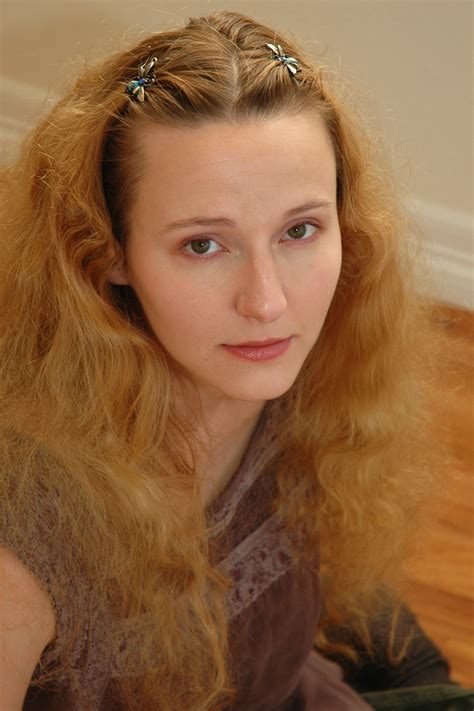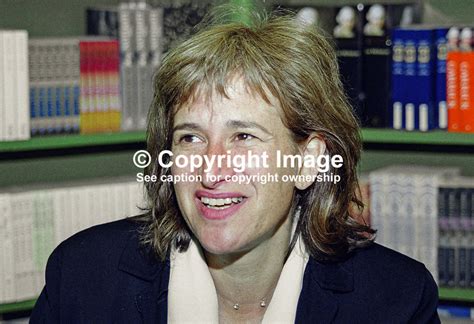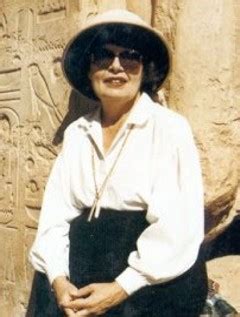A Quote by Mary Cantwell
In giving our daughter life, her father and I had also given her death, something I hadn't realized until that new creature flailed her arms in what was now infinite space. We had given her disease and speeding cars and flying cornices: once out of the fortress that had been myself, she would never be safe again ... We disappoint our kids and they disappoint us, and sometimes they grow up into people we don't like very much. We go on loving, though what we love may be more memory than actuality. And until the day we die we fear the phone that rings in the middle of the night.
Quote Topics
Actuality
Again
Also
Arms
Been
Creature
Daughter
Day
Death
Die
Disappoint
Disease
Father
Fear
Flying
Fortress
Given
Giving
Go
Grow
Grow Up
Had
Her
Infinite
Infinite Space
Kids
Life
Like
Love
Loving
May
Memory
Middle
Middle Of The Night
More
Much
Myself
Never
New
Night
Now
Once
Our
Our Daughter
Out
People
Phone
Realized
Rings
Safe
She
Something
Sometimes
Space
Speeding
Speeding Cars
Than
Though
Until
Up
Us
Very
Would
Related Quotes
Sharp knives seemed to cut her delicate feet, yet she hardly felt them, so deep was the pain in her heart. She could not forget that this was the last night she would ever see the one for whom she had left her home and family, had given up her beautiful voice, and had day by day endured unending torment, of which he knew nothing at all. An eternal night awaited her.
At that moment a very good thing was happening to her. Four good things had happened to her, in fact, since she came to Misselthwaite Manor. She had felt as if she had understood a robin and that he had understood her; she had run in the wind until her blood had grown warm; she had been healthily hungry for the first time in her life; and she had found out what it was to be sorry for someone.
Hats change everything. September knew this with all her being, deep in the place where she knew her own name, and that her mother would still love her even though she hadn’t waved goodbye. For one day her father had put on a hat with golden things on it and suddenly he hadn’t been her father anymore, he had been a soldier, and he had left. Hats have power. Hats can change you into someone else.
Zoe readied her arrows. Grover lifted his pipes. Thalia raised her shield and I noticed a tear running down her cheek. Suddenly it occurred to me: this had happened to her before.She had been cornered on Half- Blood Hill. She'd willingly given her life for her friends. But this time she couldn't save us.
She wondered whether there would ever come an hour in her life when she didn't think of him -- didn't speak to him in her head, didn't relive every moment they'd been together, didn't long for his voice and his hands and his love. She had never dreamed of what it would feel like to love someone so much; of all the things that had astonished her in her adventures, that was what astonished her the most. She thought the tenderness it left in her heart was like a bruise that would never go away, but she would cherish it forever.
Her thoughts ran away to her girlhood with its passionate longing for adventure and she remembered the arms of men that had held her when adventure was a possible thing for her. Particularly she remembered one who had for a time been her lover and who in the moment of his passion had cried out to her more than a hundred times, saying the same words madly over and over: "You dear! You dear! You lovely dear!" The words, she thought, expressed something she would have liked to have achieved in life.
Her kitsch was the image of home, all peace, quiet, and harmony, and ruled by a loving mother and a wise father. It was an image that took shape in her after the death of her parents. The less her life resembled the sweetest of dreams, the more sensitive she was to its magic, and more than once she shed tears when the ungrateful daughter in a sentimental film embraced the neglected father as the windows of the happy family's house shone out into the dying day.
Now very much against her will, she thought of the way Jace had looked at her then, the blaze of faith in his eyes, his belief in her. He had always thought she was strong. He had showed it in everything he did, in every look and every touch. Simon had faith in her too, yet when he'd held her, it had been as if she were something fragile, something made of delicate glass. But Jace had held her with all the strength he had, never wondering if she could take it--he'd known she was as strong has he was.






































